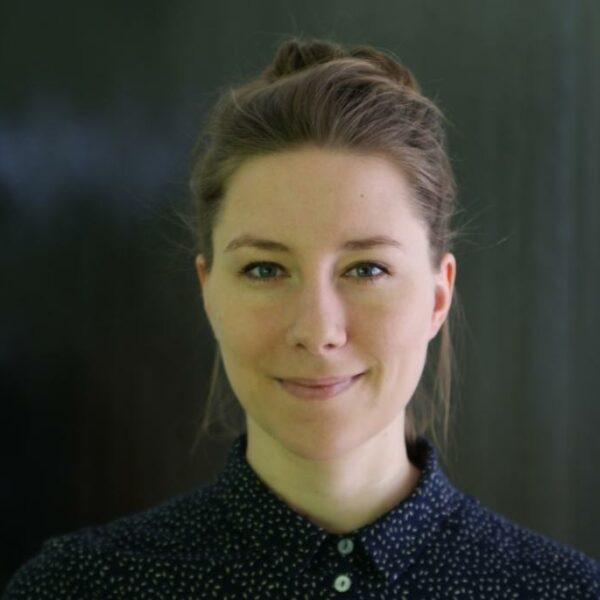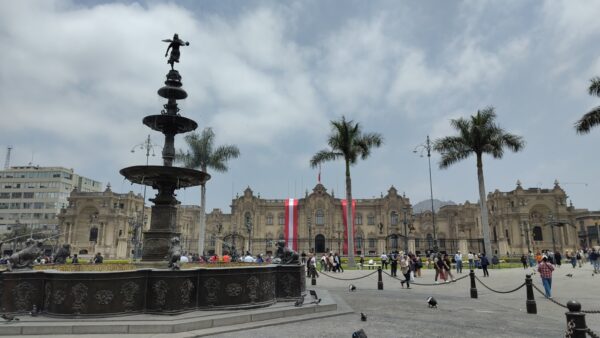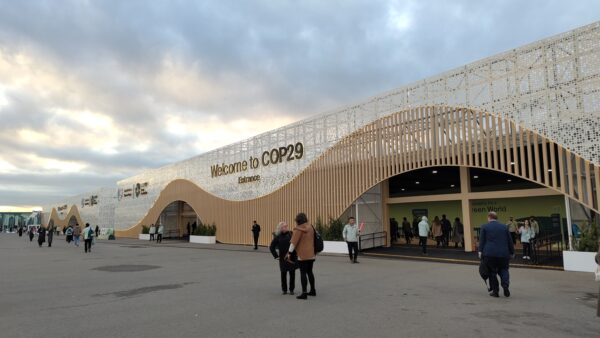
Uta is a Senior Science Advisor in the Science Team. She closely follows the IPCC process and provides scientific input in the context of the UNFCCC. Her research interests include regional climate change and climate extremes as well as science communication.
Prior to joining Climate Analytics, Uta worked for several years at Deutsche Gesellschaft für Internationale Zusammenarbeit (GIZ) and at the European Climate Research Alliance (ECRA).
Uta holds a MSc in Climate Change from the University of Copenhagen and a BSc in Geography from Humboldt University of Berlin and Lund University.
Publications
- Forner, Zimmer, Klönne, Martyr, Hare, Schleypen, Kellou. What has the Paris Agreement done for us?. (2025)
- Latest science on the 1.5°C limit of the Paris Agreement
- Coetzee, Forner, Mace, Klönne, Hare. Addressing challenges in the land sector under the Paris Agreement. (2025)
- Fair carbon removal obligations under climate response uncertainty
- Riany, Welder, Grant, Kellou, Klönne, Hare. The role of northern forests in limiting warming to 1.5°C. (2024)
- Dhame, S.D., Young, D.Y., Rosen, D.R., Klönne, U.K., Nauels, A.N., Zuniga, C.Z., Kellou, D.K., Hare, B.H. Solar geoengineering: a note to inform discussions on physical climate impacts, risks and governance issues. (2024)
- Earth Virtualisation Engines (EVE)
- Martyr, Saeed, Klönne, Nauels, Rosen, Schleussner. The 1.5°C limit and risks of overshoot. (2024)
- Martyr. Le seuil de +1,5°C et le risque de dépassement de ce seuil
- Kellou, Nauels, Klönne. Climate impacts in northern forests. (2024)
- Kornhuber, K., Klönne, U., Kellou, D., Schlessner, C.F. Kipppunkte und kaskadische Kippdynamiken im Klimasystem. (2024)
- Kellou, D., Nauels, A., Klönne, U., Schleussner, C-F., Hare, B. Solar radiation modification: a dangerous distraction from required emissions reductions. (2023)
- Only halving emissions by 2030 can minimise risks of crossing cryosphere thresholds
- 1.5°C is still in reach to reduce the worst climate risks – but only with immediate mitigation action and shifting finance
- ZERO IN on the critical decade
- No time for complacency: without closing the 2030 gap, net zero targets cannot prevent severe climate impacts
- ZERO IN on near-term warming and our changes of staying within 1.5°C
- Methane reductions, ‘climate neutrality’, and choosing the adequate metric for emissions accounting under the Paris Agreement
- The science of temperature overshoots: impacts, uncertainties and implications for near-term emissions reductions






